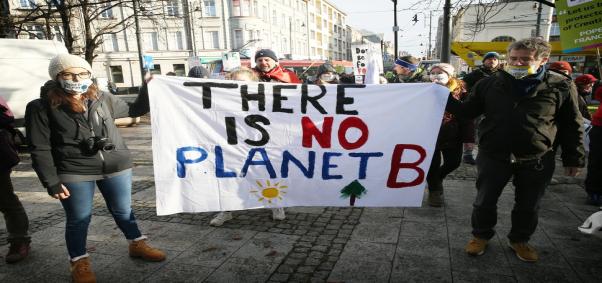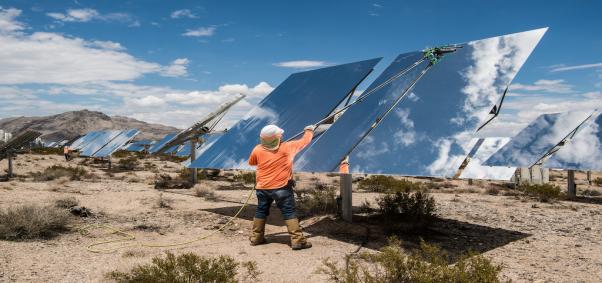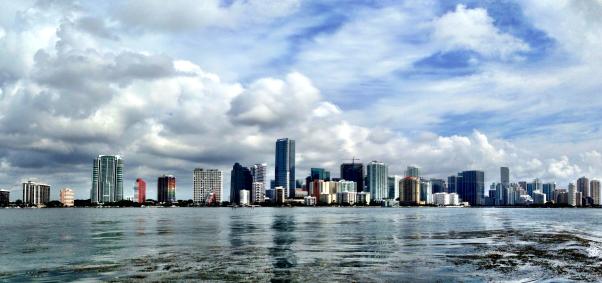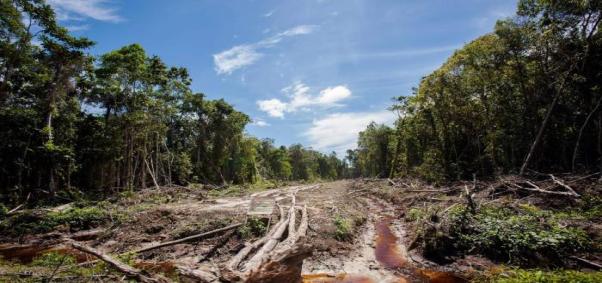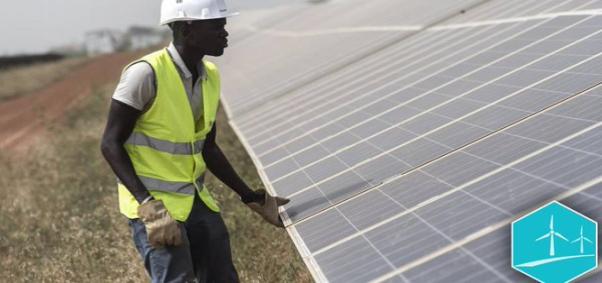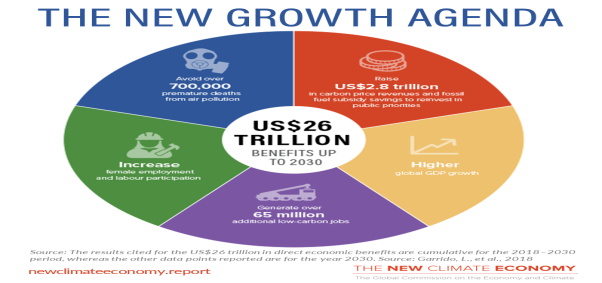Business, cities and states can help prod countries’ governments to enact policies to reduce emissions, writes Paul Polman.
And by putting COP24 in coal-rich Katowice, the Polish COP presidency has pulled this essential but unglamorous pursuit to the top of the policy agenda, where it belongs, writes Sharan Burrow.
Governments and international institutions must help companies and cities accelerate this green transition, writes Naina Lal Kidwai.
By 2020, Africa will spend $7-15 billion annually to adapt to climate change, and the price tag could hit $50 billion by 2050. Fortunately, proactive policies and investments in sustainable development could unleash a wave of economic opportunity, which in turn could make adaptation more manageable, writes Carlos Lopes.
It's clear that climate fatalists are wrong to suggest that we cannot afford to act. The reality is we cannot afford not to. In addition, there are growing examples that show why climate action is in the United States' economic interest, write David Vogel and Helen Mountford.
The climate story is, at its heart, a complex problem of better risk management over long-timeframes, with potentially catastrophic economic consequences from inaction, writes Caio Koch-Weser.
Many emerging economy leaders already recognise that the transition to a low-carbon economy must sit at the heart of their development agenda. Indonesia is no exception, writes Nick Stern.
Multilateral development banks and other development finance institutions can provide the spark to ignite the new growth agenda, writes Ngozi Okonjo-Iweala.
Increasing ties between Africa and China could have a vast positive impact for the world’s economy and climate, writes Global Commissioner Ngozi Okonjo-Iweala.
New analysis is finding that bold climate action could yield a direct economic gain of $US26 trillion through to 2030, compared with business=--as-usual.

